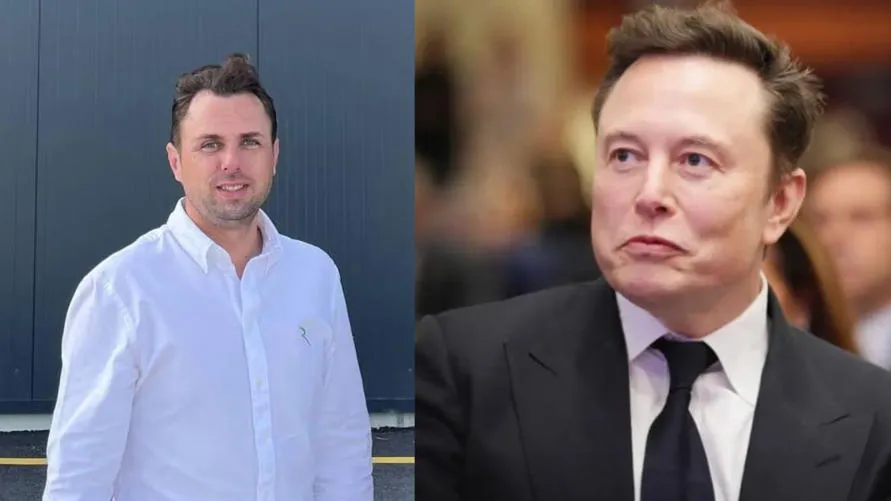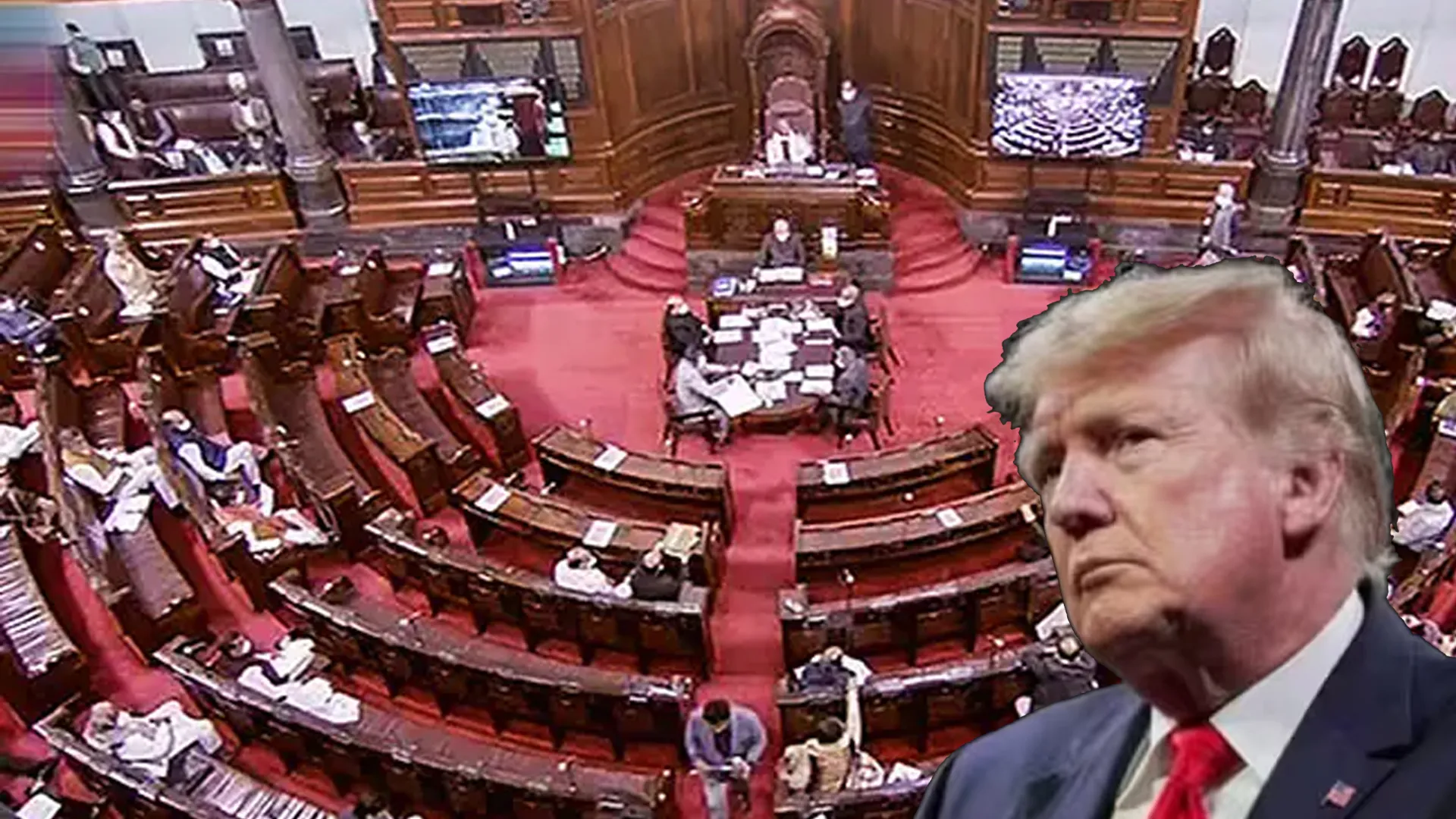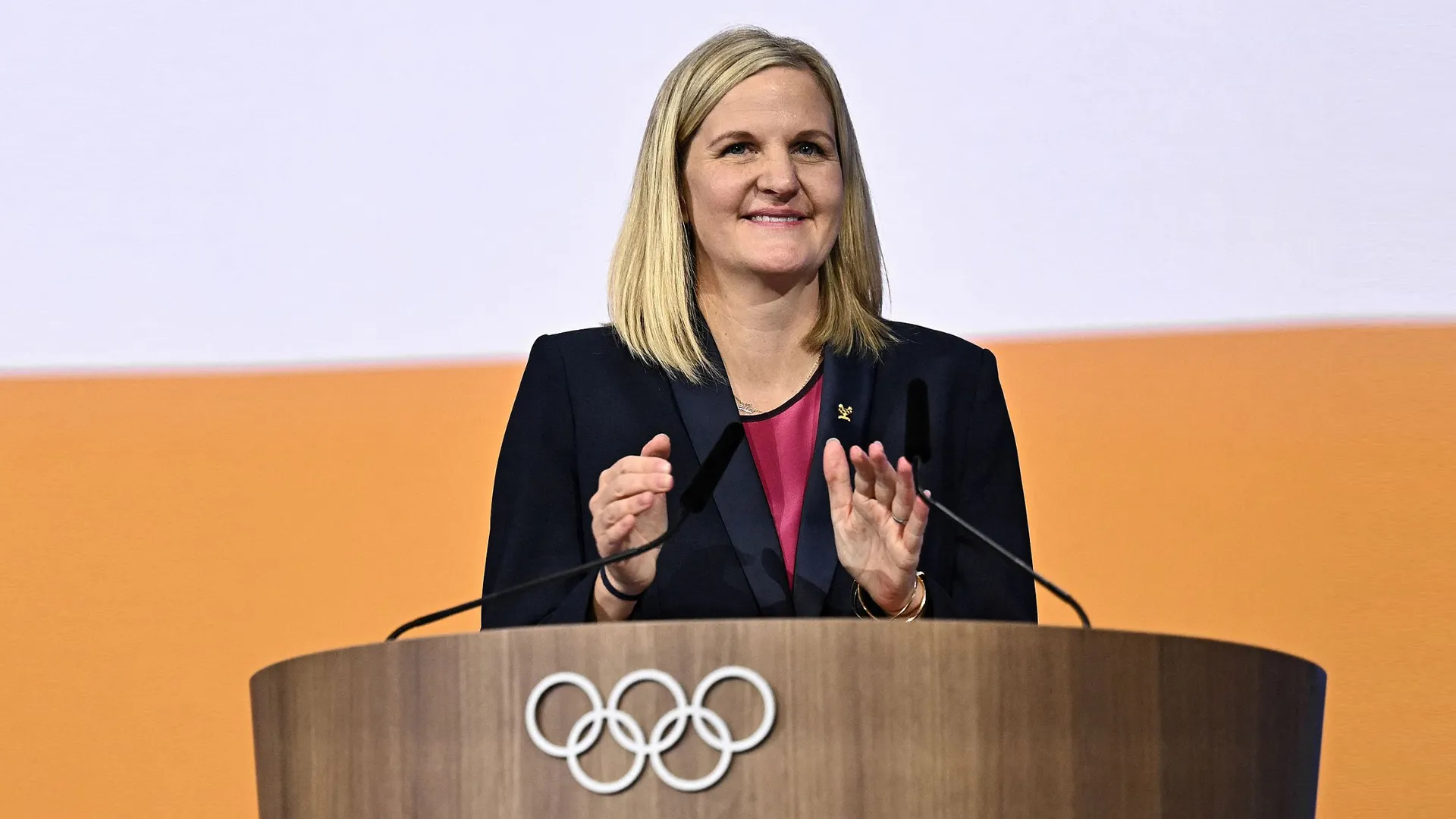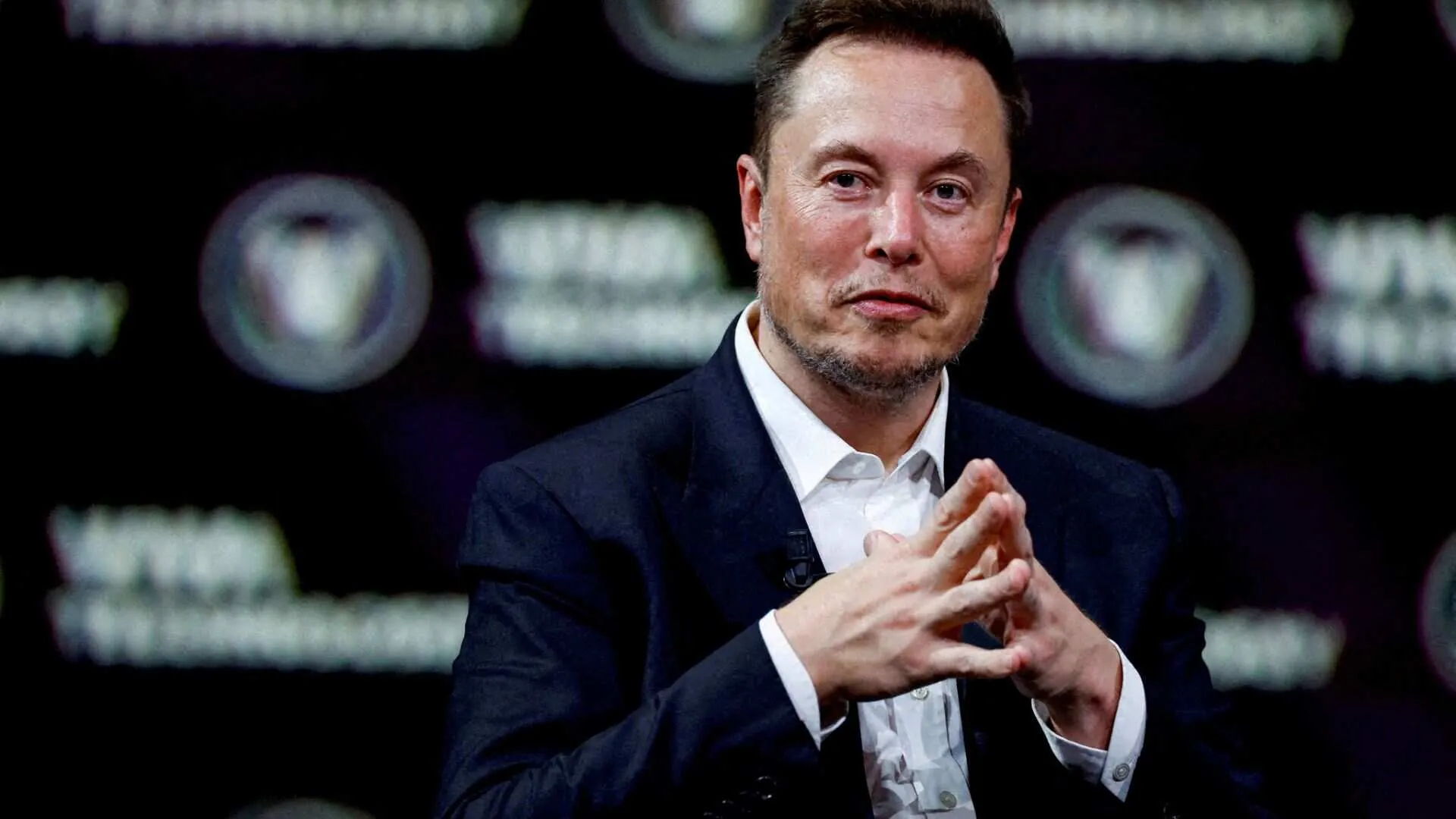French entrepreneur Romain Roy, CEO of the Roy Energie Group, canceled his order for 15 Tesla electric vehicles (EVs) and chose European-made models instead. Despite spending an additional €150,000 ($164,000), he made this decision to align with a growing movement in Europe that opposes American products. Many consumers are protesting U.S. President Donald Trump’s policies and Tesla CEO Elon Musk’s controversial actions, Fortune reported.
Rejecting Musk and U.S. Policies
Roy strongly disapproves of Musk’s comments and the U.S. government’s environmental policies. As the CEO of Tesla and SpaceX, Musk also leads the U.S. Department of Government Efficiency and remains one of Trump’s most vocal supporters. Roy’s frustration with this political alignment ultimately led him to cut ties with Tesla.
European Consumers Push Back Against U.S. Brands
Roy’s decision reflects a larger trend in Europe, where many consumers are boycotting American products. In Denmark, a growing movement encourages people to avoid U.S. brands in response to Trump’s aggressive foreign policies. His threats regarding Greenland, the Panama Canal, and Gaza have fueled public outrage, prompting a noticeable decline in Tesla sales while boosting demand for European alternatives.
Meanwhile, anti-Tesla sentiment is spreading in France and Germany. In these countries, activists have attacked Tesla dealerships, and sales have plummeted. London has also seen an outpouring of opposition, with anti-Musk posters comparing the billionaire to a Nazi plastered across the city.
A Shift in European Buying Habits
As political tensions grow, more European businesses and consumers are reconsidering their reliance on American brands. Roy’s stance, along with similar boycotts, signals a major shift in how people view corporate and political influence on global trade. With Tesla sales declining in key markets, European automakers may benefit from this changing sentiment.






















